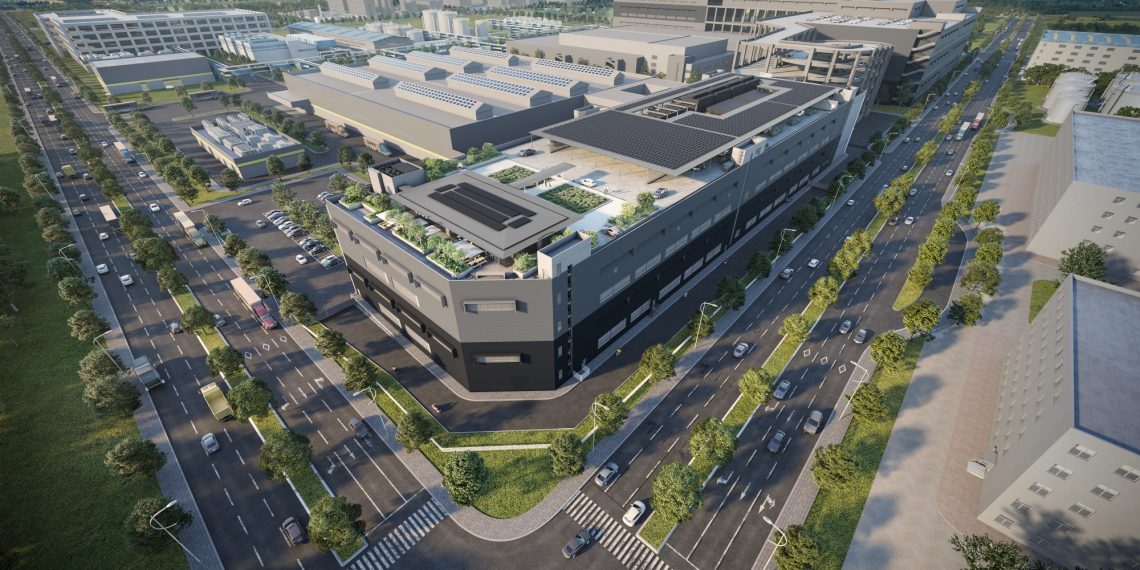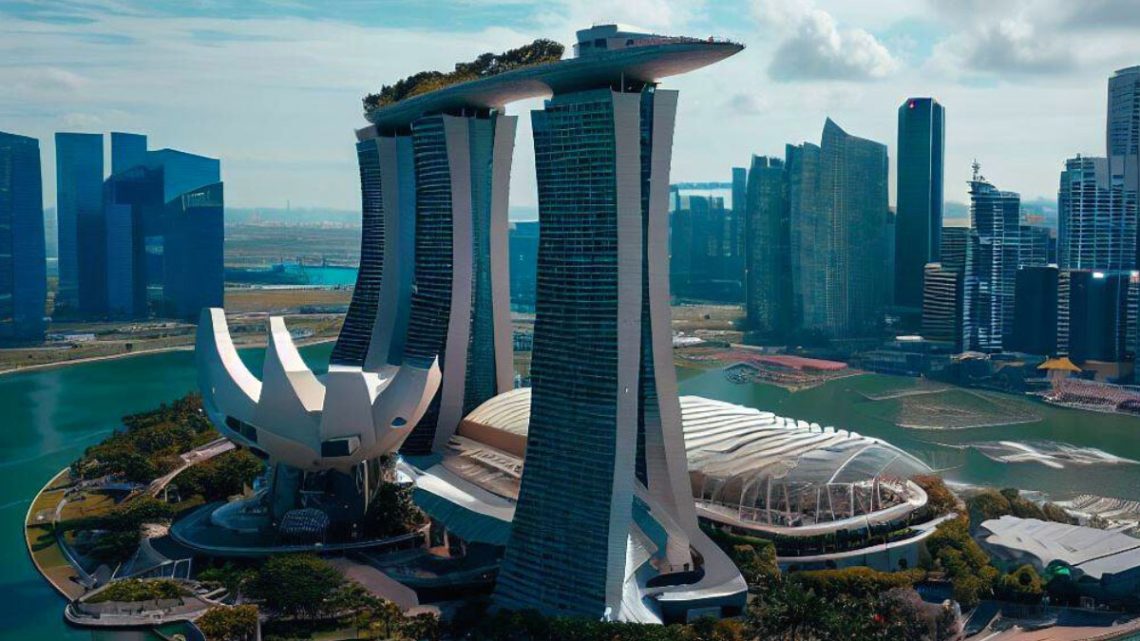Dyson Ltd., the consumer electronics behemoth, has unveiled plans to establish a cutting-edge battery production facility in Singapore. This move is part of the company’s ongoing £2.75 billion ($3.4 billion) five-year investment strategy, aimed at fostering software, artificial intelligence, and product development worldwide. The Singapore-based company announced that the factory, occupying an area equivalent to 53 basketball courts, is set to be fully operational by 2025.
R&D Campuses in the Philippines and the UK
Additionally, Dyson intends to launch research and development campuses in the Philippines and the UK as part of its comprehensive plan. These three new sites will bolster the company’s engineering and manufacturing prowess, enabling faster market entry for their innovative technologies. Last March, Dyson opened its global headquarters in Singapore and committed to a $1.1 billion investment to expand its research and engineering capabilities in the city-state.

Related Posts
Best Crypto Exchange
Massive Investments in the UK, Philippines, and Singapore
Dyson’s planned investments include £100m in Bristol, UK, and £166m in Santo Tomas, Philippines, with an even larger investment in Singapore. This approach aligns with the company’s strategy to maintain manufacturing operations outside the UK while keeping research and development functions within the country. The UK houses Dyson’s research and robotics facilities in Malmesbury and Hullavington, Wiltshire.
Dyson’s Focus on Advanced Manufacturing and AI
Dyson’s upcoming battery plant in Singapore represents the company’s largest-ever investment in advanced manufacturing. The technology center in the Philippines will employ 400 new engineers, effectively doubling the factory space dedicated to advanced technologies. Dyson’s central Bristol site will house hundreds of software and AI engineers and will replace existing office space.
Best Virtual Payment Card
Proprietary Battery Technology to Power Dyson’s Devices
The Singapore plant will produce batteries utilizing Dyson’s proprietary new technology. While the company declined to divulge further details about the battery technology, citing commercial sensitivities, it is believed that Dyson aims to develop smaller, lighter, and more energy-dense batteries for their gadgets. Battery technology has been a crucial aspect of Dyson’s plans, including the now-abandoned electric car project due to exorbitant costs.
Next-Generation Batteries and Robotics to Transform Dyson’s Machines
James Dyson, the company’s billionaire founder, stated that the next-generation battery technology would “drive a major revolution in the performance and sustainability of Dyson’s machines.” Jake Dyson, James Dyson’s son and the company’s chief engineer, has previously disclosed work on robots capable of performing basic household chores. This innovation could become a significant growth area for Dyson, a company primarily known for products that manipulate air, such as fans, hand dryers, hairdryers, and vacuum cleaners. Dyson also offers lamps and hair straighteners in its product lineup.
These new facilities form part of Dyson’s previously announced £2.75 billion investment plan spanning five years, further solidifying its commitment to technology and innovation.
If you are able, we kindly ask for your support of Logll Tech News today. We appreciate it.

Sergio Richi
Editor, Logll Tech News
Best Offer Today
Conclusion
In conclusion, Dyson’s ambitious plans to build a cutting-edge battery manufacturing plant in Singapore and establish research and development campuses in the Philippines and the UK highlight the company’s commitment to innovation and global expansion. These investments, which are part of a broader £2.75 billion five-year plan, will significantly bolster Dyson’s engineering and manufacturing capabilities, paving the way for faster market entry and technological advancements. The next-generation battery technology and ongoing research in robotics could revolutionize Dyson’s product portfolio and contribute to the company’s continued growth and success in the consumer electronics industry.











